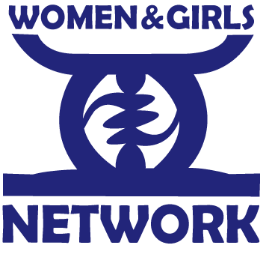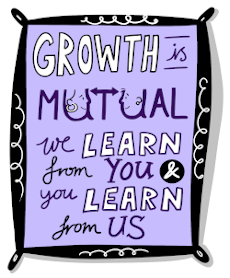Here are the answers to some of our most commonly asked questions:
An ISVA is an adviser who works with people who have experienced rape and sexual assault, irrespective of whether they have reported to the police.
The nature of an ISVA’s support will vary from case to case and will depend on the needs of the individual and their circumstances.
VAWG sector’s manifesto calls on political parties to end violence against women and girls for good. The manifesto sets out our priorities for the next government; calling for a comprehensive, whole-society approach to tackling VAWG that looks beyond the criminal justice system and centres those who face the greatest barriers to support and protection.
* Information taken from www.npcc.police.uk/our-work/violence-against-women-and-girls
The harm caused to victims and society by violence against women and girls (VAWG) in all its forms – including but not limited to harassment, stalking, rape, sexual assault, murder, honour-based abuse, coercive control – is immeasurable.
While men and boys also suffer from many of these forms of abuse, they disproportionately affect women. A woman is killed by a man every three days in the UK. Domestic abuse makes up 18 per cent of all recorded crime in England and Wales. In the year ending March 2022, there were 194,683 sexual offences, of which 70,330 were rape.
Policing, and society, must focus on violence against women and girls so that it can be eradicated. The policing response has been shown to be inconsistent and so there is now a national focus on supporting forces to prioritise VAWG-related crimes.
Nearly all forms of VAWG are expected to continue to rise in the coming year.
The offences identified by policing carrying the biggest threat to women are:
- Domestic abuse
- Rape and serious sexual offences
- Child sexual abuse and exploitation
- Tech enabled VAWG such as online stalking and harassment
Nonprofit organisations working within the violence against women and girls (VAWG) do incredibly valuable work that varies across a number of areas and services such as counselling, advice, advocacy, legal advice and body therapy. The sector also works collaboratively to advocate investment to the government as well as work towards preventative actions.
Some of the charities that work in this sector include:
- Refuge
- Solace Women’s Aid
- Women’s Aid
- Rape Crisis
- Centre of Women’s Justice
- Imkaan
- Southall Black Sisters
This link will give you more information about the coalition of 162 organizations that are part of the End Violence against Women agenda: Membership of End Violence Against Women.


